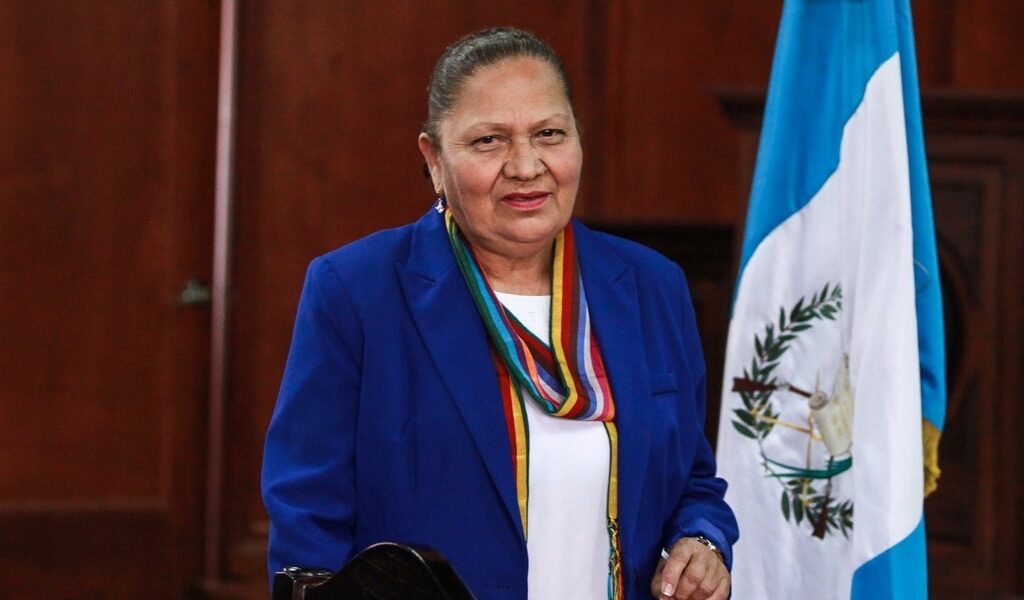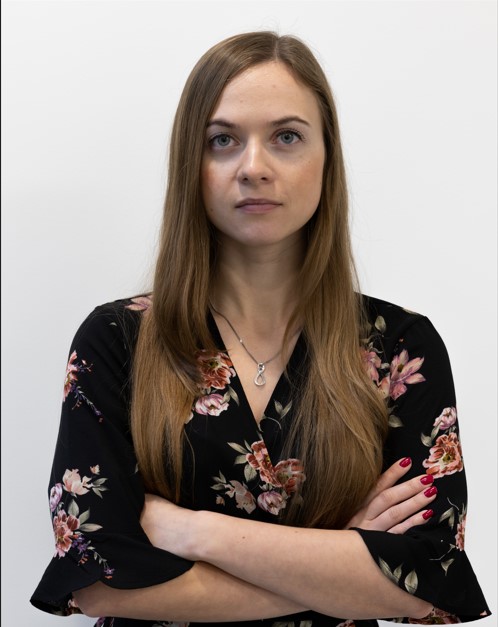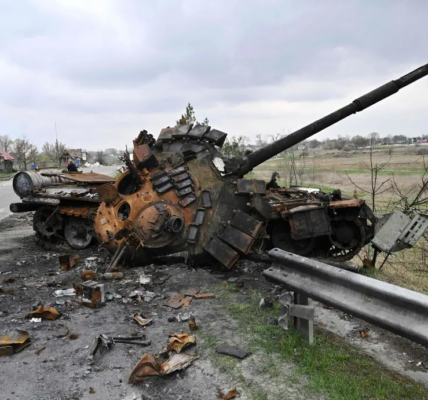Opposing Forces: Corrupt Person of the Year and Prisoner of Conscience in Guatemala’s Narrative
In the heart of Guatemala’s battle against corruption lies a narrative of conflicting forces—where justice and impunity collide.
Maria Consuelo Porras, Guatemala’s Attorney General, emerged as an unexpected yet controversial recipient of the 2023 Person of the Year award for Organized Crime and Corruption, from the Organized Crime and Corruption Reporting Project (OCCRP). This honour, far from a celebration of her achievements, emphasises the dangerous impact of bureaucratic corruption on national security and democratic stability.
Porras: Unveiling Bureaucratic Corruption
As the first woman to be awarded this recognition since the contest’s inception in 2012, her journey to this acknowledgement has been riddled with controversies that have shaken Guatemala’s legal landscape to its core.
Her actions, including preventing the president-elect from assuming office, raiding the election commission, and suppressing opposition, have plunged Guatemala into a political crisis, leading to protests and unrest.
Porras is accused of protecting a corrupt political elite involved in organised crime, drug trafficking, and widespread corruption. Porras has been implicated in obstructing justice, persecuting honest prosecutors, journalists and activists, and purging pro-democracy officials from positions of power.
Her tenure as Attorney General saw the halting and eventual shutdown of the International Commission Against Impunity in Guatemala (CICIG), established by the United Nations to investigate and prosecute criminal groups within state institutions. This shutdown severely undermined Guatemala’s fight against corruption and impunity.
“Porras is protecting what has been called in Guatemala ‘the pact of the corrupt,’ which involves bent businessmen, corrupt politicians, members of organised crime, and retired generals,” said Maria Teresa Ronderos, director of the Centro Latinoamericano de Investigación Periodística (CLIP).

In 2022, the US government sanctioned Porras over accusations of “involvement in significant corruption.” This followed the sanctioning of 11 individuals and entities in Guatemala by the US government since 2021, for their roles in corruption.
The designation explicitly stated, “Porras repeatedly obstructed and undermined anticorruption investigations in Guatemala to protect her political allies and gain undue political favor. Porras’s pattern of obstruction includes reportedly ordering prosecutors in Guatemala’s Public Ministry to ignore cases based on political considerations and firing prosecutors who investigate cases involving acts of corruption.”
Virginia Laparra: Championing Justice from Confinement
The aftermath of Porras’s actions reverberated profoundly, impacting individuals at the forefront of the battle against corruption.
Virginia Laparra, a former prosecutor at the Special Prosecutor’s Office against Impunity (FECI) —an institution established by CICIG to investigate high-impact cases—became a symbol of resilience amidst adversity.
Laparra, alongside several prosecutors, encountered legal persecution—a consequence of their unwavering dedication to combatting corruption within Guatemala. Her arrest in February 2022 and subsequent imprisonment were seen as apparent retaliation for her anti-corruption endeavours.
Laparra was placed in a high-security prison in Guatemala City. For the first five months, she endured solitary confinement in a small, windowless cell for 23 hours daily—a situation that psychiatrists labelled as bordering on torture.
Laparra’s release on January 3rd 2024, marked a pivotal moment in Guatemala’s struggle for justice. She emerged from prison, signifying a glimmer of hope amidst the shadows of injustice.

The outrage over Laparra’s conviction echoed globally, drawing criticism from influential entities such as the United States, the European Union, and human rights organisations. Amnesty International, in fact, went as far as to declare Laparra a prisoner of conscience, highlighting the injustice surrounding her case.
“Virginia Laparra should never have spent a day in jail,” said Ana Piquer, Americas director at Amnesty International.
Guatemala’s Fight Against Corruption: A Global Mandate
The unwarranted legal persecution of Laparra is just one strand of a larger web of attacks against numerous individuals involved in investigating high-profile cases of widespread corruption and human rights violations. Laparra’s ordeal symbolises a broader struggle against a backdrop of relentless attacks on those daring to confront corruption.
Since 2018, around 43 prosecutors, judges, human rights advocates, and journalists have fled Guatemala, many continuing their fight for justice while in exile. This trend isn’t exclusive to Guatemala; globally, individuals who speak out against corruption encounter similar threats, compelling them to leave their homelands.
Hence, it remains crucial to persist in the fight against corruption and hold accountable figures like Porras, a mission upheld by organisations such as OCCRP.

















































































































































































